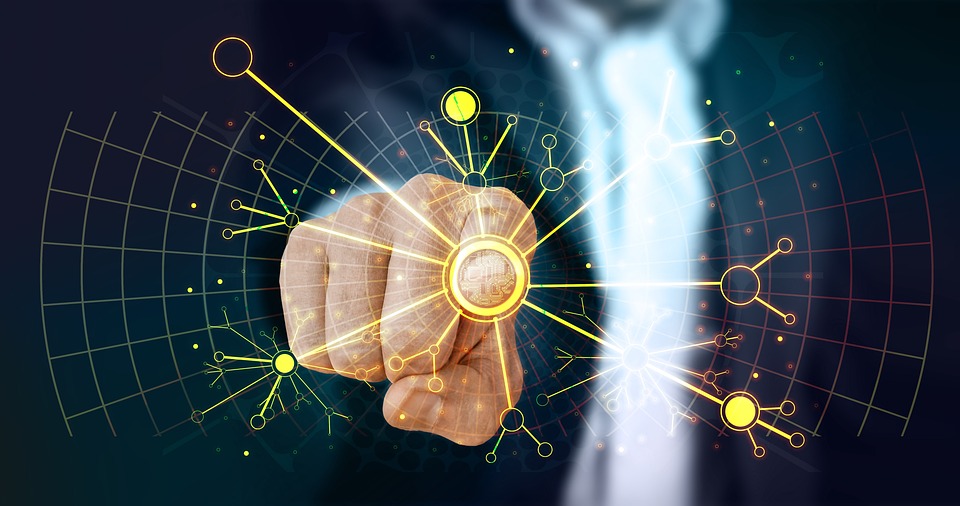From Alexa to Autonomous Cars: Understanding the Range of AI Applications
[ad_1]
From Alexa to Autonomous Cars: Understanding the Range of AI Applications
Artificial Intelligence (AI) has made significant advancements in recent years, revolutionizing various industries and transforming the way we live and work. Its applications are vast and diverse, ranging from everyday consumer products like voice assistants to groundbreaking innovations like autonomous vehicles. Understanding the scope and potential of AI technologies is crucial to harnessing their benefits while addressing any ethical concerns.
One of the most recognizable applications of AI technology is voice assistants like Amazon’s Alexa, Apple’s Siri, and Google Assistant. These virtual assistants utilize natural language processing and machine learning algorithms to understand and respond to user queries. By analyzing speech patterns, these programs can accurately interpret speech, retrieve relevant information, and perform various tasks such as playing music, ordering products online, or controlling smart home devices. Voice assistants have become an integral part of many households, providing convenience and efficiency in our daily lives.
In the healthcare sector, AI has shown great promise in revolutionizing diagnostics, disease prediction, and treatment. Machine learning algorithms can analyze vast amounts of medical data to identify patterns that can assist doctors in making accurate diagnoses. AI-powered imaging systems can detect anomalies and tumors in various medical scans, leading to earlier detection and potentially saving lives. Furthermore, predictive analytics can help predict the likelihood of diseases such as diabetes or heart conditions, enabling healthcare professionals to take preventive measures.
Another fascinating application of AI lies in the field of autonomous vehicles. Self-driving cars, powered by AI algorithms, have the potential to transform the transportation industry. These vehicles use a combination of sensors, cameras, and machine learning algorithms to navigate roads, make decisions, and respond to changing road conditions. Through constant data analysis and deep learning, autonomous cars can improve their performance, making them safer and more efficient. The development of autonomous vehicles has the potential to reduce traffic congestion, minimize accidents caused by human error, and provide greater accessibility to transportation for everyone.
AI has also made significant strides in the field of finance and trading. Machine learning algorithms can analyze vast amounts of financial data quickly and accurately, allowing for better predictions about stock market trends and investment opportunities. AI-powered trading platforms can automatically execute trades based on complex algorithms, leading to faster and more efficient trading decisions. This not only benefits larger financial institutions but also empowers individual investors by providing them with advanced tools and analysis to make informed trading decisions.
Beyond these notable examples, AI applications are emerging in a wide range of industries. In manufacturing, AI-powered robots can enhance productivity and efficiency by automating repetitive tasks. In agriculture, AI can optimize crop yields by analyzing weather patterns, soil conditions, and crop health. In education, AI-powered tutoring systems can provide personalized learning experiences to students. In entertainment, AI algorithms can recommend TV shows, movies, or music based on individual preferences.
However, as AI technology continues to evolve, it is essential to address the ethical implications that arise. Concerns regarding the privacy of user data, bias in algorithmic decision-making, and potential job displacement need to be properly addressed to ensure the responsible and ethical deployment of AI technologies.
In conclusion, understanding the vast range of AI applications is essential to fully appreciate the potential impact of this rapidly developing technology. From voice assistants to autonomous cars, from healthcare to finance, AI is revolutionizing various industries and transforming the way we live and work. By harnessing its power responsibly, we can benefit from the efficiency, convenience, and improved decision-making capabilities that AI technology offers.
[ad_2]

